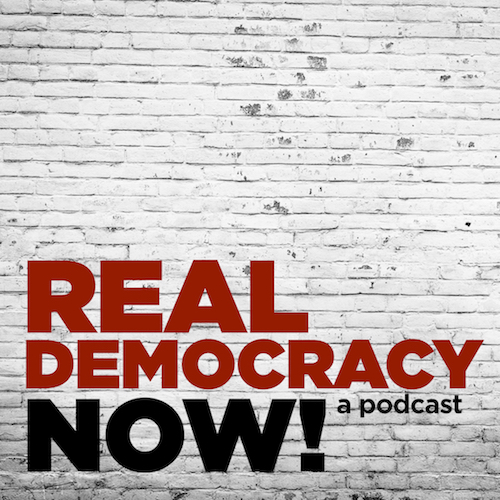2.2 From direct to representative democracy with Dr Roslyn Fuller and Professor Nadia Urbinati
Dr Roslyn Fuller (dipl. jur./erstes Staatsexamen, Goettingen; PhD, Trinity College Dublin) is a Canadian-Irish academic and columnist, specializing in public international law, and the impact of technological innovation on democracy. Her latest book Beasts and Gods: How Democracy Changed Its Meaning and Lost Its Purpose explores the flaws of representative democracy and how they could be addressed through the application of ancient Athenian principles of demokratia (people power). Her work has appeared, among others, in OpenDemocracy, The Nation, The Toronto Star, Salon and The Irish Times, as well as in many scholarly journals. She is currently a Research Associate at Waterford Institute of Technology and founding member of the Solonian Democracy Institute.
Nadia Urbinati is a Professor of Political Theory and Hellenic Studies at Columbia University. She is a political theorist who specializes in modern and contemporary political thought and the democratic and anti-democratic traditions. Nadia has written extensively on democracy including two books: Representative Democracy: Principles and Genealogy, Democracy Disfigured , and Mill on Democracy: From the Athenian Polis to Representative Government.
- Sovereignty of people expressed in electoral appointment of their representatives
- Free mandate for representatives
- Electoral mechanisms to ensure responsiveness by representatives
- Universal franchise.
